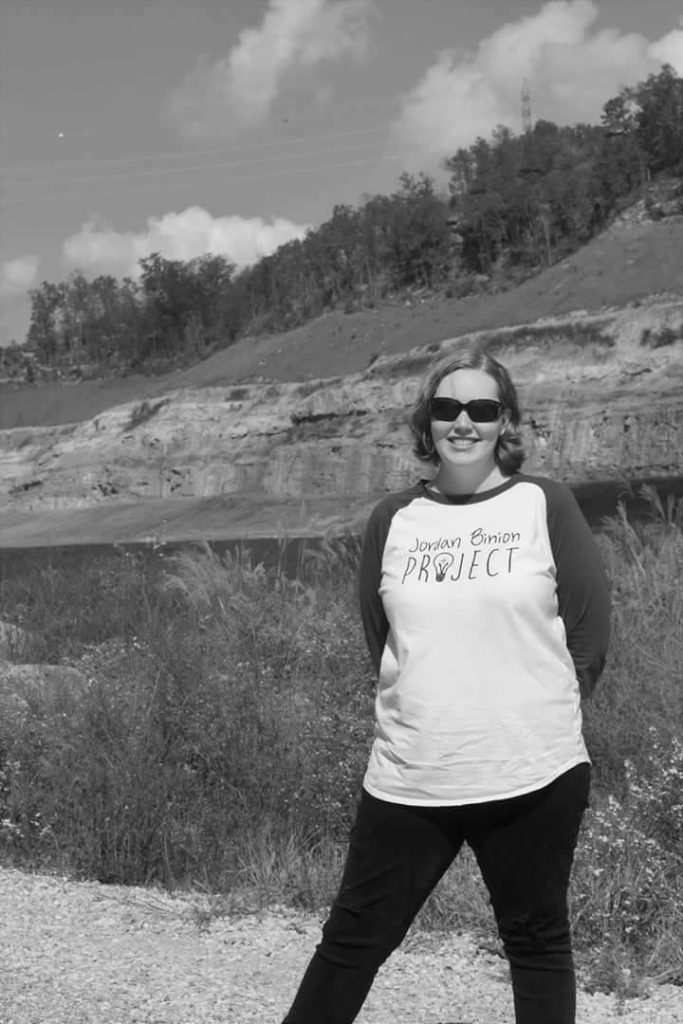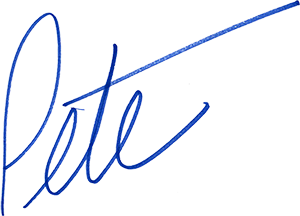In Washington, approximately 1 person dies by suicide every 8 hours. That is 3 people each day.
From the shores of the Pacific, through the beautiful Cascade mountains, across the rolling hills of the central valley, across the Palouse and up and down the landscape in every direction – it is an issue that affects us all.
In 2016, 38% of tenth graders in Pierce County reported that they were so sad or hopeless for two weeks that they stopped doing usual activities. In that same year, 11% of Pierce County youth aged 12-17 reported having one major depressive episode in the previous 12 months.
It was in the fall of 2010 when 17-year-old Jordan Binion died by suicide. Since then, his parents, Deborah and Willie, have dedicated their lives to helping others through legislative advocacy and mental health education. They discovered an evidence-based training for educators called the Mental Health and High School Curriculum and made it their mission to integrate these lessons into schools all over the state. In the last two years, over 75,000 kids in Pierce County have been educated using this curriculum and it is currently being taught in 106 districts across the state.
I could tell you about how this curriculum is designed to support teachers and improve students’ knowledge of mental health. And I could show you statistics about youth suicide rates and the prevalence of mental illness. Or I could go on and on about how necessary it is to talk about mental illness with our children, but nothing would be as impactful as hearing it from someone with lived experience. Here is Brittni’s story.
![]()
Throughout my school years, mental health was seldom talked about. Bullying was talked about frequently. If you saw something, say something. But mental health? It was taboo. Nobody wanted to be crazy so whatever feelings you had, you dealt with them alone. Teachers strayed away from such serious conversations because we were young and it was viewed as being too mature. This was a significant disadvantage as a young female dealing with mental illness and I often felt isolated.
Occasionally, I found others dealing with similar issues. We confided in each other, trading bracelets to hide our cuts and guarding bathroom doors as battles with bulimia raged on. With no adult help and no clue how to handle what we felt, we relied on each other until the unhealthiness of it all caught up to us and we ended our friendships.
Now looking back, I can see the ways in which I failed others and the ways in which others failed me. In eighth grade our class was doing a game of getting to know each other. Everyone was saying fun facts about themselves, but the only thing I could think of when it came to be my turn was how much I wanted to die. “If you really knew me,” I said “You would know that every day I go home and I think about killing myself.” After I spoke these words, the teacher allowed me to use the restroom where I cried for twenty minutes before she came and got me. She never contacted my parents or talked with me about what I had said. After that day, it was never brought up again and six months later, I attempted suicide for the first time.
During high school, the pressure began building for me to write essays, read history books, and pass science and math classes. These were the most important things.
I remember being so overwhelmed, all the time.
I was losing sleep, staying up all hours of the night to finish projects for school all the while dealing with troubles at home. Every day at school, I was like a zombie, mindlessly walking from class to class, praying I wouldn’t get called on, hoping only to survive. I tried to seek out help at this time.
We were allowed at times to discuss difficult topics with teachers and peers, but none of the classes I took ever purposefully incorporated mental health education. I talked with guidance counselors, teachers, friends, but everyone seemed burdened with my problems like I was being dramatic or they didn’t have time. If any of my peers were struggling with their mental health, or felt like the schools were unsatisfactory in meeting their needs, I never knew about it. I think it’s a pretty common thing as a teenager to want to hide your problems, wanting to seem cool to your peers. Two years after my first suicide attempt, came my second.
It wasn’t until I transferred schools and began attending Oakland, that things started to change for me. Oakland is an alternative school in Tacoma for students who are behind for one reason or another. The teachers at this school were so dedicated to not only getting kids back on track to graduate, but also to teach real and lasting life lessons. I was immersed in education about gang violence and statistics, teen pregnancies and its generational effects, as well as meaningful discussions about mental health.
My story with the Jordan Binion Project began in the spring of 2016 while I was attending Oakland. In a portable classroom filled with 20 juniors and seniors, Deborah and Willie Binion began the most influential and life changing presentation I had ever heard. They began by telling the story of their son, Jordan. They spoke of his beautiful life, the struggles he faced and his tragic death by suicide. They spoke about mental illness being a disease, like any other, and focused on reducing the stigma behind mental health.
At the time of this presentation when I was just 17 years old, I had already been bounced around from doctor to doctor, a plethora of prescriptions and treatment plans that never seemed to work, two psychiatric hospital stays and two suicide attempts. I felt like my brain was a volleyball being hit back and forth with no care. I had always felt tremendous shame over my problems and guilty because I couldn’t fix myself. I was passively suicidal, with no hope of getting better, constantly living in fear of others finding out.
No one before had ever told me that my mental illness was not my fault. I remember staring up at them during the presentation with wide eyes, as the puzzle pieces in my head began putting themselves together. Mental illness isn’t my fault so I can talk about it like any other disease such as cancer or diabetes. I learned that if I can freely talk about it, I can get real, beneficial, lasting help. If I can get help, I can be happy.
Deborah and Willie asked us questions, gave us answers and encouraged us to get help if we needed to. I’ll never forget the moment when Willie handed me a tee shirt after I raised my hand and announced that I was a survivor of suicide. Though Willie and Deborah were in my class for maybe an hour or so, I felt I learned more from them about mental health than any doctor or teacher I had ever seen.
It’s such a shame that mental health education is not required in every school nationwide. The teachers who wanted to help us with our mental health had to find ways to incorporate it into the lessons that were mandated, and most of the time it felt insufficient. Mental illness can occur in anyone. Suicide is an epidemic and we need adequate teaching and understanding to fight against it.
After learning of the Jordan Binion Project when Deborah and Willie spoke to my class, I felt inspired, understood and enlightened. In the subsequent years to follow, no matter how bad things got, I always remembered Jordan.
I remembered Jordan’s parents and how they turned their tragedy into a seed of hope, planting their story all around.
The Jordan Binion Project taught me how to persevere. They reduced the stigma of mental illness for me and helped me regain confidence and control over my situation.
I can now proudly say that I am doing well. Mental illness is not something that ever goes away completely, but rather a disease to be managed. I am still learning and some days are better than others, but I now have the knowledge and support I need to stay in the game.
Since that presentation, I’ve graduated high school and traveled across the country to different places doing long-term volunteer work for those less fortunate than myself. I realize that my life is a gift, and not a mistake. Wherever I go and wear the Jordan Binion Project t-shirt, I am asked about the meaning behind it. I feel so thankful for the opportunity to share my experience and Jordan’s story. I will always gladly, and proudly, share about my journey with mental illness, just as I will always proudly display my Jordan Binion Project shirt.
Thanks,
Brittni Robinette

![]()
The Jordan Binion Project offers Mental Health and High School curriculum training to all teachers in Washington State for free. The training is so successful that educators from Florida, Kansas, Colorado, Michigan and Idaho have already reached out and requested the training so they can bring this necessary curriculum to their students.
This week is National Suicide Prevention week. I challenge you to reach out to someone in your community that may be having a difficult time. Suicide is preventable and we need to come together to raise awareness and fight for prevention. Help is out there. You are not alone.
Thank you Brittni, Deborah and Willie Binion, and the Jordan Binion Project for your work to reduce the stigma surrounding mental illness. You are changing the world.
National Suicide Prevention Lifeline 1-800-273-8255
Pierce County Crisis Line 1-800-576-7764
Crisis Text Line 741-741
Watch this very powerful video that illustrates how we never know what battles a person is fighting.


